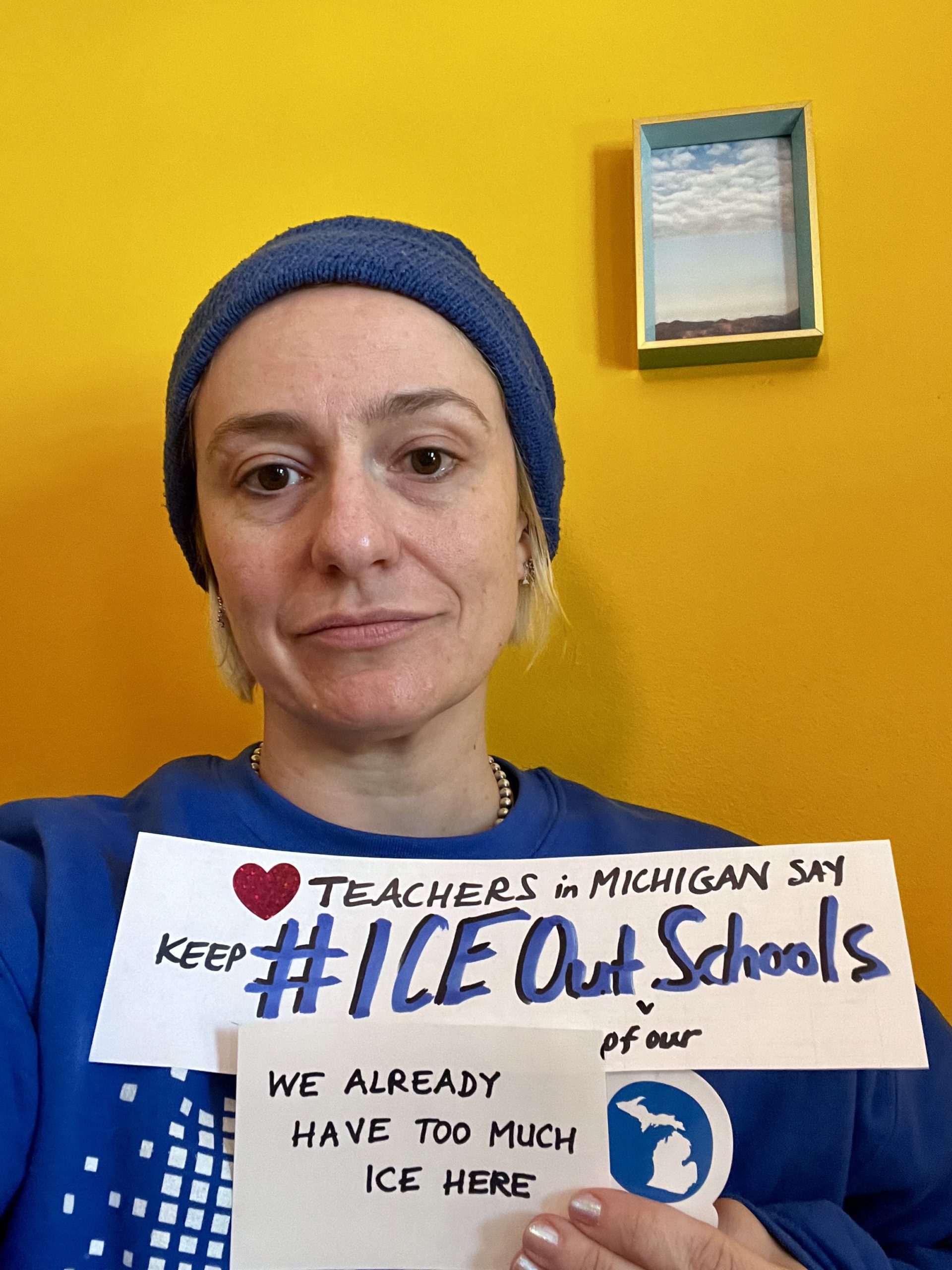Governor Unveils Budget Proposal
Updated 2/11
On Thursday, Gov. Gretchen Whitmer released a proposed state budget for next year which includes per-pupil funding increases for K-12 schools, a 2% bump in overall higher education spending, and one-time expenditures to address fallout from the COVID-19 pandemic.
“Gov. Whitmer has once again shown her commitment to public education by proposing the largest investment in public schools in Michigan history,” said MEA President Paula Herbart in a news release. “Increased per-pupil support is badly needed after decades of inadequately funding public education in our state. We applaud both the effort to narrow the per-pupil foundation allowance gap and advocacy for increased weighted funding for students with greater needs, such as at-risk, special education, English language learners and geographically isolated districts.”
Whitmer’s plan would increase per-pupil spending by $82-$164 and add $250 million in one-time funding for academic recovery and mental and physical health initiatives in schools to address impacts from the ongoing pandemic.
“There’s no question that our kids’ needs are going to be great, and that the schools are going to need to have that kind of support so they can work to meet the needs of our kids,” Whitmer told M-Live in a budget preview.
Specific recommendations for how that one-time money would be spent will come out of plans to be developed by a Student Recovery Advisory Council, to which MEA President Paula Herbart is one of the appointees.
Whitmer’s budget plan also included:
- An increase of 2 percent totaling $14.1 million for economically disadvantaged students, English language learners, special education students, and students in rural and isolated districts.
- $250 million in one-time supplemental funding to implement research-based best practices to support student academic recovery, physical and mental health, and post-secondary readiness and transition.
- $200 million one-time for declining enrollment to stabilize budgets for districts experiencing losses in fiscal year 2022.
- $120 million total to provide opportunities in 2021 and 2022 for students through summer learning, after school learning, day camps, and other activities designed to support student needs outside of the normal school schedule.
- $32 million for the Great Start Readiness Program, raising the state payment for a full-day preschooler from $7,250 to $8,275, which is the same as the proposed K-12 base foundation allowance, for 38,000 4-year-olds statewide.
- $55 million for the Filters First program to begin statewide implementation of drinking water fixture replacements in schools to ensure that children have access to clean, safe drinking water.
- $2.9 million to address the educator shortage and provide more supports for current teachers as well as incentives to recruit former and future educators.
For higher education, aside from the 2% increase, the budget includes $70 million to support policies related to COVID-19 testing, quarantining and contact tracing. The budget plan includes a $180 million boost for the Reconnect and Futures for Frontliners programs that provide free college tuition to low-wage workers and other adults without post-secondary education who are seeking certification in a skilled trade or a two-year degree. The allocation is part of her commitment to increase the number of adults in Michigan who have completed post-secondary education to 60% by 2030.
Whitmer told Crain’s Detroit Business the pandemic has exposed disparities in the workforce and access to higher education and better-paying jobs. “There is a price tag that stands in the way. We’re going to eliminate that barrier.”
The unveiling of Whitmer’s spending blueprint launches the state budget negotiations with the Legislature which eventually will include budget proposals from the House and Senate – a process expected to take several months.
As thoughts turn to next year’s budget, Whitmer is also using the platform to press state lawmakers to release federal funding to schools right now. The governor is continuing a call for the state Legislature to stop withholding federal COVID relief dollars approved by Congress in December in a baldly political attempt to force the state health department to relinquish its authority to act in a health crisis.
“We call on the Legislature not only to support today’s budget recommendations, but to also immediately and fully distribute federal COVID relief funding available for students and educators,” Herbart said. “Schools need these resources right away to meet additional costs of educating students safely during this pandemic. Delays fueled by partisan politics won’t be tolerated by parents, school employees and taxpayers who believe this funding needs to be distributed as the federal government intended.”
The political gamesmanship by the GOP holding hostage $1.8 billion in funding for Michigan students is the subject of an MEA call to action. Add your voice today.



